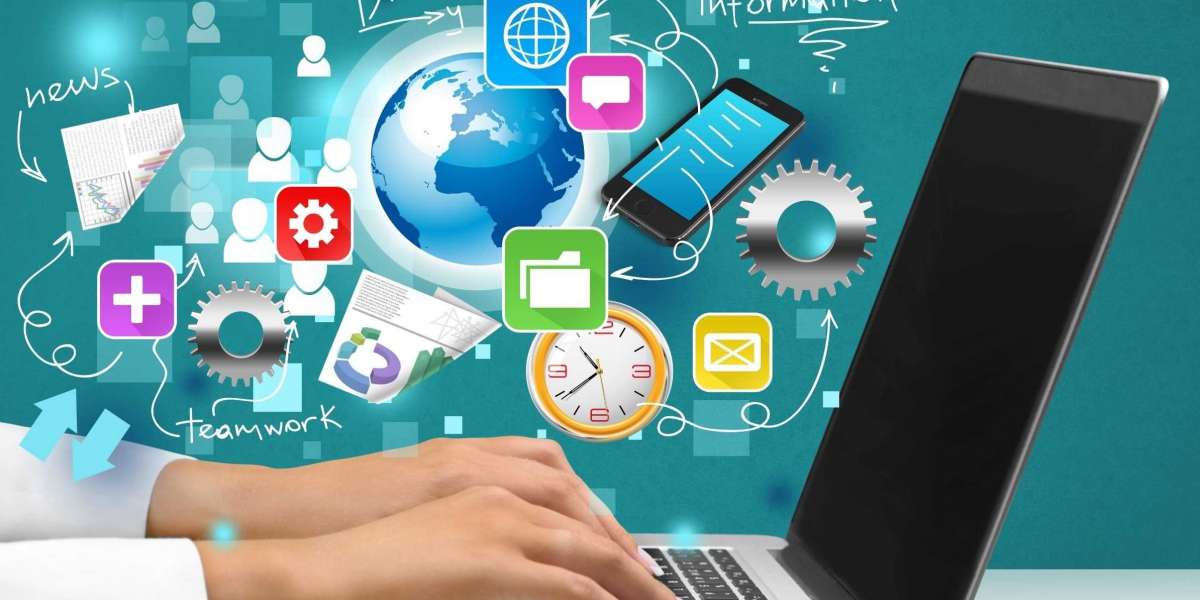Technology has become an integral part of modern society, impacting almost every aspect of human life. From smartphones and laptops to social media platforms and streaming services, technology has revolutionized the way we live, work, and communicate. However, the development and adoption of technology are often driven by various incentives, including economic, social, and personal benefits.
One of the most significant incentives of technology is economic benefits. Technological advancements have enabled companies to produce goods and services at a lower cost, increasing productivity and profitability. For example, automation technology has replaced human labor in many industries, reducing labor costs and increasing efficiency. Additionally, technology has opened up new markets and created new business opportunities, leading to increased economic growth and job creation.
Another incentive for technology is social benefits. Technology has improved the quality of life for many people by providing access to information, education, and healthcare. For example, the internet has made it possible to access vast amounts of information from anywhere in the world, empowering people with knowledge and enabling them to make informed decisions. Similarly, telemedicine technology has enabled doctors to diagnose and treat patients remotely, improving access to healthcare in remote areas.
Personal benefits are also a significant incentive for technology. Technology has made our lives more comfortable and convenient by automating routine tasks and providing us with more leisure time. For example, smartphones have enabled us to stay connected with our friends and family, no matter where we are. Streaming services have given us access to a vast library of movies and TV shows, allowing us to enjoy entertainment at our convenience. Additionally, technology has made it possible to work from anywhere, giving us the flexibility to balance work and personal life.
However, technology also has its drawbacks. One of the most significant challenges is the impact on the environment. The production and disposal of electronic devices contribute to greenhouse gas emissions and pollution. Additionally, the excessive use of technology can lead to addiction, isolation, and other mental health problems.
Another issue is the impact on privacy and security. The collection and use of personal data by companies and governments have raised concerns about privacy and data protection. Additionally, the use of technology for surveillance purposes can infringe on civil liberties and human rights.
To mitigate these challenges, it is essential to balance the incentives of technology with its risks and limitations. Governments, businesses, and individuals must work together to ensure that technology is used responsibly and sustainably. This includes investing in renewable energy sources, promoting digital literacy and education, and enacting regulations to protect privacy and security.
In conclusion, the incentives of technology are numerous and significant, ranging from economic benefits to social and personal advantages. However, the development and adoption of technology must be accompanied by responsible and sustainable practices to mitigate its negative impacts on the environment, privacy, and security. By balancing the incentives of technology with its risks and limitations, we can ensure that technology continues to improve our lives while preserving the well-being of our planet and society.




Esther Chikwendu 5 w
Nice